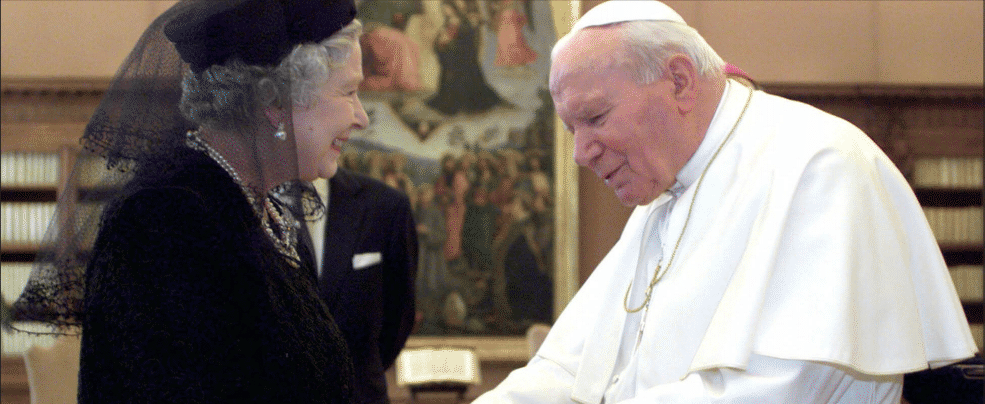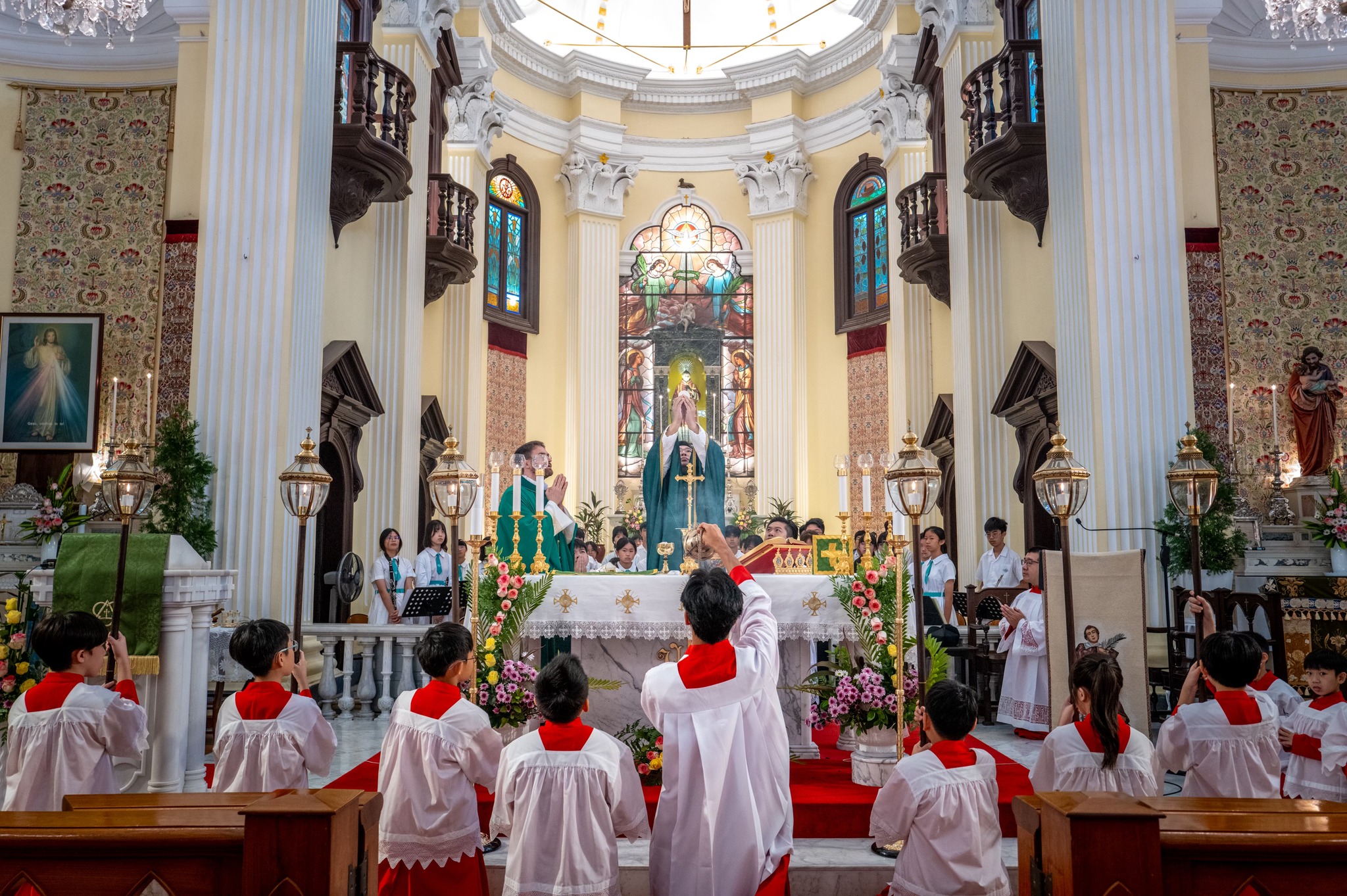Fr Paolo Consonni, MCCJ
“We are unworthy servants; we have only done our duty” (Lk 17:10)
The death of Queen Elizabeth has given occasion for the media to describe in great detail the lifestyle of the British monarchy, including the tasks of their numerous servants: butlers, footmen, pages and even pipe masters among many others. In our modern societies, we tend not to use the word “servant,” which is considered demeaning. But while once considered affordable only to the wealthy, servants such as domestic helpers, cooks and caretakers have become part of the lifestyle of busy middle-class workers who do not have the time to do household chores.
Jesus’ exhortation to see ourselves as “unworthy and unprofitable servants” (cf. Lk 17:5-10) is quite outrageous to our modern ears. In the original Greek “douloi” can mean both paid servants and slaves, evoking dark times in the past where such people had to bear terrible and unjust working conditions. It is good to remember that this is still the sad reality of many in today’s world. It is estimated that around fifty million people worldwide are living in modern slavery and that the number of people in forced labor has steeply increased in the past few years.
Despite such a negative connotation of the word “servant,” after the death of Queen Elizabeth, many described her as “the ultimate public servant,” having spent her whole life in selfless dedication to her nation. In his sermon at the state funeral, the Archbishop of Canterbury said that “the Queen’s service to so many people in this nation, the Commonwealth and the world, had its foundation in her following Christ – God himself – who said that he “came not to be served but to serve and to give his life as a ransom for many” (Mt 20:28). And he added: “People of loving service are rare in any walk of life. Leaders of loving service are still rarer. But in all cases, those who serve will be loved and remembered when those who cling to power and privileges are long forgotten.”
We can now better understand that Jesus’ uncomfortable words about considering ourselves only as “unworthy servants, simply doing our duty,” surely are not meant to demean us. In God’s eyes, each one of us is precious and invaluable. For our sake, Christ, the Son of God, emptied himself, taking the form of a slave (cf. Phil 2:7). Because of this, Christians consider “servanthood” a point of honor and the pre-requisite to enter into God’s Glory.
The circumstances in which we are called to serve vary from person to person, and oftentimes they are not even under our control. But the attitude of serving must be the same, wherever God puts each one of us.
A Christian monarch is a servant-leader who must remain faithful to his or her position for the sake of the common good. A Christian parent is a servant who must dedicate his or her life for the good of the family. And a Christian teacher is a servant who dedicates his or her life for the education of the younger generations. No occupation is too mundane or unimportant to exempt us from imitating Christ as humble servants of God.
Pope Francis told young people that “when we discover that God is calling us to something […] – whether it be nursing, carpentry, communication, engineering, teaching, art or any other kind of work – then we will be able to summon up our best capacities for sacrifice, generosity and dedication. Knowing that we don’t do things just for the sake of doing them, but rather we endow them with meaning, as a response to a call that resounds in the depth of our being to offer something to others: that is what makes these occupations bring a sense of deep fulfilment.” (Christus Vivit 273)
We are surely not as important as a monarch might be, but through Baptism each one of us is anointed to share Christ’s threefold mission as prophet, priest, and king. No matter what our occupation is, we are all kings and queens in Christ. “For the Christian, ‘to reign is to serve Him,’ particularly when serving ‘the poor and the suffering, in whom the Church recognizes the image of her poor and suffering founder.’ The People of God fulfills its royal dignity by a life in keeping with its vocation to serve with Christ” (CCC 786). Service has a regal character indeed.
To humbly consider ourselves “worthless/unprofitable” servants does not mean to see ourselves as useless. Queen Elizabeth remained faithful to her call to be a servant-leader to the very end, even in the fragility of her old age, as did Pope John Paul II. When productivity drastically declines because of sickness, old age, or other problems, we are never useless in God’s eyes. Christ saved the world and became our King on Calvary, impotent, with his hands and feet nailed to the cross. A good reminder that sometimes it is by accepting our personal crosses that we truly become God’s precious servants and most efficiently build God’s Kingdom.


 Follow
Follow


